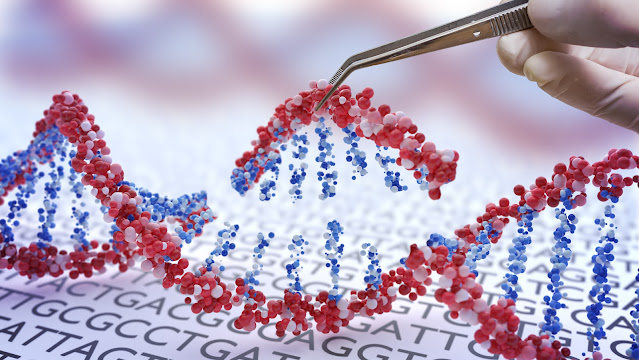New Study Traces Cancer Causes Back To DNA
Significant advances in genome sequencing tactics have given scientists withinside the U.K. a good nearer examine how probable positive cancers are to develop, primarily based totally on a combination of who your ancestors are and which behaviors you`ve in my opinion engaged in. Based on facts furnished through the 100,000 Genomes Project, which sequenced and analyzed over 85,000 NHS individuals in December 2018, Cambridge University Professor Serena Nik-Zainal suggested new findings on April 21, 2022, which recommend the invention of fifty eight new "mutational signatures" which could theoretically assist clinicians higher decide the motive of most cancers in particular circumstances.
Most probable, the bounty of understanding located in those findings thus far simplest serves to signify that there are extra mutational signatures to find out with in addition studies, which can make sure cancers even less difficult to hit upon early on. According to the formal record posted in Science, Nik-Zainal and her crew at Cambridge have analyzed the facts of 18,640 general cancers the usage of the whole-genome sequencing process, or WGS, noting that there is nonetheless masses of room for discovery — and researchers on the NHS are genuinely excited to peer facts produced through the 100,000 Genomes Project be placed to top use.
Professor Matt Brown of Genomics England spoke with Cambridge, saying, "Mutational signatures are an instance of the usage of the whole capability of WGS. We desire to apply the mutational clues visible on this look at and practice them returned into our affected person population, with the closing purpose of enhancing prognosis and control of most cancers patients."
How this Cambridge look at drives most cancers studies forward
One of the most important takeaways from the current look at is the improvement of a brand new genome-sorting set of rules called Signature Fit Multi-Step, or FitMS, designed to cross-reference most cancers sequences at a excessive speed. According to Science, FitMS detects organ-particular signatures and compares the ones to "extra uncommon signatures." When applied, this will take a number of the heavy lifting out of sequencing new most cancers facts samples, which need to make in addition most cancers studies even simpler.
Genomic evaluation isn't always presently a primary a part of most cancers tests if the record from Science is any indication. However, it appears like this development ought to make such strategies extra commonplace, and that might translate to higher most cancers affected person care in NHS clinics withinside the close to future. Whole-genome sequencing is one in all tactics that may be considered "next-era sequencing," in step with Technology Networks. It is the primary sequencing technique which could series the whole lot of a genome, that may permit deeper perception into genomes than the opportunity technique, whole-exome sequencing, which simplest goals protein-coded areas of the genome.









No comments: